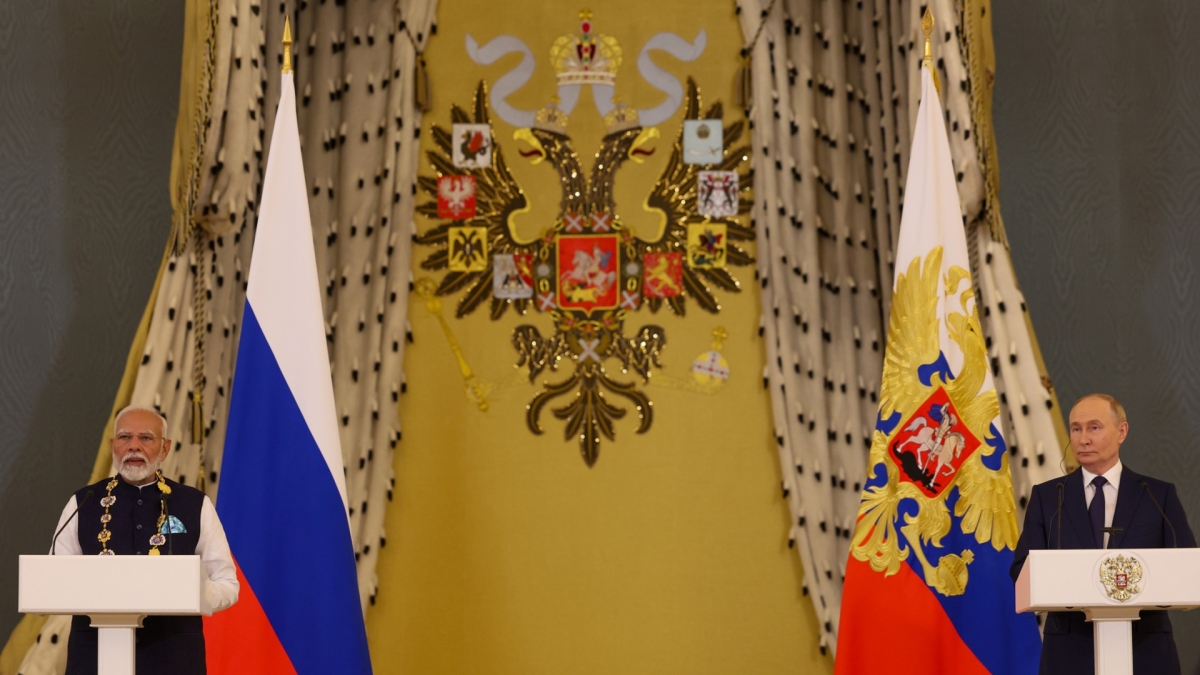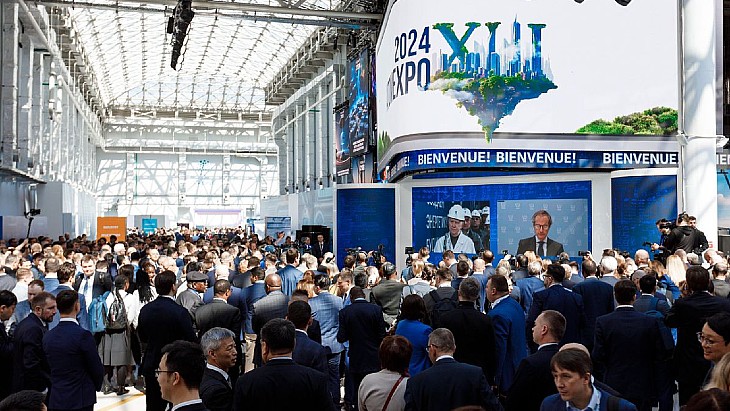Crude oil futures were lower during mid-morning trade in Asia Monday as markets remained concerned on the impact of the ongoing trade tensions between the US and China.
Register Now At 11:02 am in Singapore (0302GMT), front-month ICE Brent October futures fell 58 cents/b (0.93%) from Friday's settle to $61.31/b, while the NYMEX September light sweet crude futures contract fell 46 cents/b (0.83%) to $55.21/b."Crude oil futures were lower as global economic outlook dimmed over an escalation in US-China trade tensions," Benjamin Lu, investment analyst at Phillip Futures, said.
US President Donald Trump on Thursday announced that he would add 10% tariff on an additional $300 billion worth Chinese goods beginning September 1.
Trump's tariff announcement ratcheted up pressure on the relationship between the world's biggest trading partners, a day after US-China trade negotiations concluded without a deal.
This latest round of US tariffs could pare back global oil demand by 250,000-500,000 b/d, according to Bank of America Merrill Lynch analysts.
The Chinese Ministry of Commerce on Friday said that China would take countermeasures to defend its interests, and the market is waiting to see if US crude oil is targeted as part of Beijing's response.
"Concerns over further US-China trade escalations, unrest in Hong Kong and anticipation of softer economic data in the week sets Asian markets up for a soft start to the week," IG market strategist Pan Jingyi said.
"The bigger picture is that even as trade risks may be lowered to a simmer for now if China does not imminently lash out, markets will brace for trade tensions to boil than cool, " Mizuho Bank's senior economist Vishnu Varathan said.
Meanwhile, supply related tensions continue to surface in the Middle East with Iran on Sunday saying that it has seized a small foreign ship carrying 700,000 liters (4,400 barrels) of smuggled fuel in the Persian Gulf as tensions in the area heat up.
Iran and the UK are currently locking horns over Tehran's seizure of UK-flagged tanker Stena Impero in the Persian Gulf last month, which was in retaliation to the Gibraltar government's confiscation of an Iranian tanker allegedly carrying crude to Syria. Iran has denied that the ship -- Panamanian-flagged Grace 1 -- was headed to Syria.
Elsewhere, Saudi energy minister Khalid al-Falih on Saturday reinforced the commitment that OPEC and its allies have towards reducing oil production by 1.2 million b/d until the first quarter of 2020.
Falih was in Russia last week to discuss cooperation between the two oil producers under the OPEC/non-OPEC agreement and the upcoming visit of Russian President Vladimir Putin to Saudi Arabia. He met on Friday with his Russian counterpart Alexander Novak to discuss the oil deal.
"We confirmed our continuation of high levels of compliance with the output cuts agreement until the end of the first quarter of 2020 in order to return global oil inventories to their normal range," Falih tweeted on Saturday.
"Supply curtailment policies (OPEC+) and a sharp drawdown in US inventories have failed to spur oil prices as the macroeconomic environment illustrates for lackluster conditions. Though we remain optimistic for tighter oil fundamentals (Q3), sharp bearish influences looks poised to pressure price action lower in the near term, " Phillip Futures' analyst Lu said.







